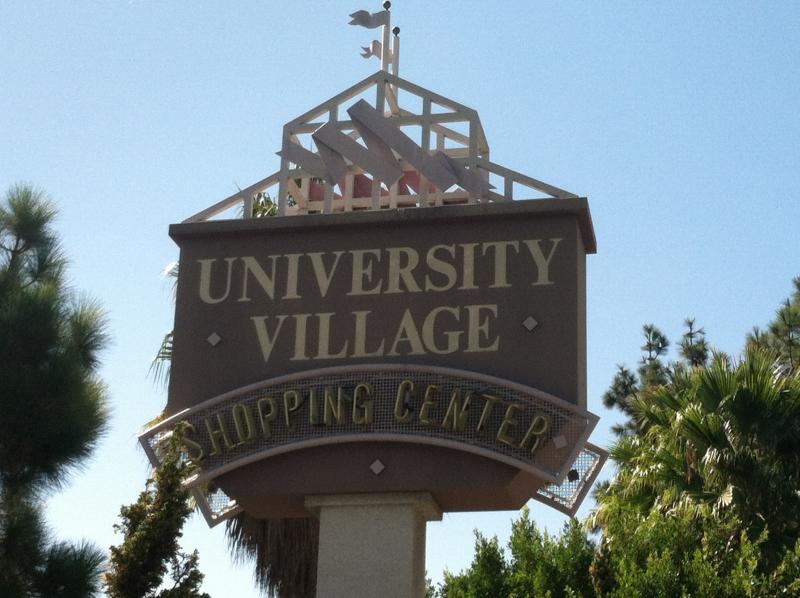University Village Remodel Faces Less Opposition After Agreeing To Changes

As part of the $1.1 billion University Village remodel, USC will build student housing and retail shops.
David Galaviz, the executive director of local government relations at USC, said in order to ease some community members’ concerns about the project, the university agreed to increase the number of beds built in Phase I of the project to 3,000. In earlier plans, Phase I would have only built 1,200 beds. But the total number of beds the project will build, 5,200, has always been the same.
It is estimated that 900 housing units currently occupied by students will be freed up for use by community members.
In addition to increasing the number of beds built in the first phase of the project, USC has also agreed to give $20 million to the city to develop affordable housing. Of this money, $10 million will be given to the city when the first building permit is issued, $5 million will be given in year 10 of the project and $5 million will be given in year 20.
Galaviz said the project would take around 20 years to complete.
“The goal of the project is to create housing for USC students…thereby releasing housing pressures on the community,” Galaviz said.
He added that the community has generally been supportive of the project because of the housing it will create for students and that it will be “something for them to be proud of in their community.”
Jacqueline Tillman, who has lived in the USC area in an apartment complex for seniors and the disabled for 14 years, said she is supportive of the project, but hopes that USC will use it to help the community and not just USC students.
“As far as housing, I’m sure its necessary, but this is a residential area that the community uses too,” Tillman said.
“I think they’re going to be helping as well as expanding. I’ve been here 14 years and I’ve never had a complaint,” Tillman added.
Meetings have been held for five years to discuss the project, Galaviz said. During that time he said that most members of the community were in support of the project.
During a meeting in Oct. 2011, 800 people attended and 650 were in support of the project, Galaviz said. During a January meeting, around 400 people came, of which 350 were supportive of the project. And in March of 2012, around 700 people attended a meeting to show support of the project.
Brian League, a member of the USC Master Plan Advisory Committee and the program director of Capital Construction Development, said in the last five years there have been over 100 meetings.
He said that more people are coming to meetings now than did in the past, and that the community is split on its view on the project.
“The people in support of the project are welcoming new retail and student housing,” League said. “Those that are opposed to the project are saying the university is not building enough student housing to meet its needs and the university should also participate in the creation of benefits for the community.”
Bernard Parks, councilman for the USC area, said that most of the issues he had with the original plan have been fixed.
“In general, the community is very pleased that the development is going to go in, particularly in light of what they believed was USC somewhat ignoring their responsibility of providing student housing,” Parks said.
However, Parks said he is concerned that $20 million is not a lot of money when it comes to housing. The money will be given to the city, which will decide what to do with it.
He added that the North University Park area has been devastated in changing from single-family homes to student housing.
Once new student housing is built, USC students will likely gravitate towards it and many of these units will no longer have people to live in them because they are no longer designed to house families, Parks said.
“We had an expectation that the university would take on the responsibility of helping the property owners in University Park change back to single family housing. USC initially verbally agreed to it then reneged on the commitment,” Parks said.
“There are still issues about how this will leave a large segment of housing in North University Park,” Parks added.
Still, Parks said most of his concerns have been addressed and the project was passed unanimously by the L.A. City Council in a meeting where Galaviz estimated 840 community members attended in support of the project.
Reach Senior News Editor Hannah Madans here.



